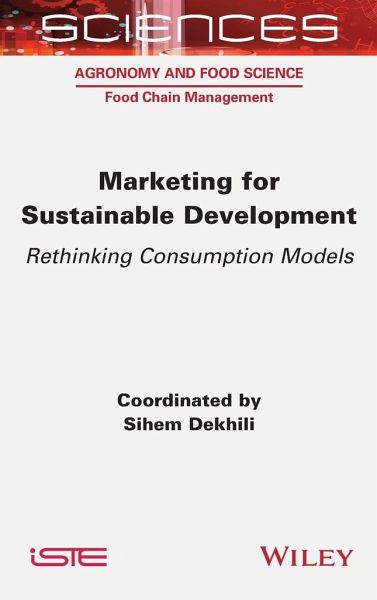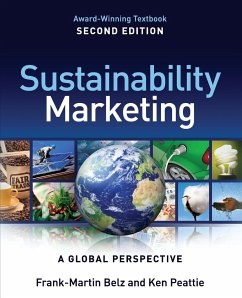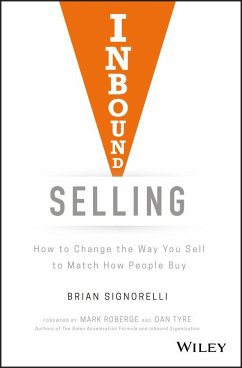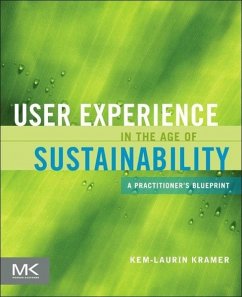
Marketing for Sustainable Development
Rethinking Consumption Models
Herausgegeben: Dekhili, Sihem
Versandkostenfrei!
Versandfertig in über 4 Wochen
159,99 €
inkl. MwSt.
Weitere Ausgaben:

PAYBACK Punkte
80 °P sammeln!
Many people see a weak association between marketing and sustainable development and even consider them as two incompatible fields. However, marketing benefits from an extremely powerful position to encourage transformations at the production level and to guide consumers towards responsible behaviors. From its inception, marketing has been positioned as a support for the relationship between the company and its customers, with the quest for well-being set in the very foundations of the discipline.In a context that is marked by crises and much skepticism, marketing today should, more than ever,...
Many people see a weak association between marketing and sustainable development and even consider them as two incompatible fields. However, marketing benefits from an extremely powerful position to encourage transformations at the production level and to guide consumers towards responsible behaviors. From its inception, marketing has been positioned as a support for the relationship between the company and its customers, with the quest for well-being set in the very foundations of the discipline.
In a context that is marked by crises and much skepticism, marketing today should, more than ever, prove that it acts in good faith. This book offers practitioners, public authorities, professors and students illustrations that demonstrate that the dissemination of sustainable practices is indeed a marketing issue. It argues that it is particularly important not only to overcome the divide between the concepts of marketing and sustainability, but also to use marketing tools and frameworks to support sustainable development and strengthen the green market.
In a context that is marked by crises and much skepticism, marketing today should, more than ever, prove that it acts in good faith. This book offers practitioners, public authorities, professors and students illustrations that demonstrate that the dissemination of sustainable practices is indeed a marketing issue. It argues that it is particularly important not only to overcome the divide between the concepts of marketing and sustainability, but also to use marketing tools and frameworks to support sustainable development and strengthen the green market.













